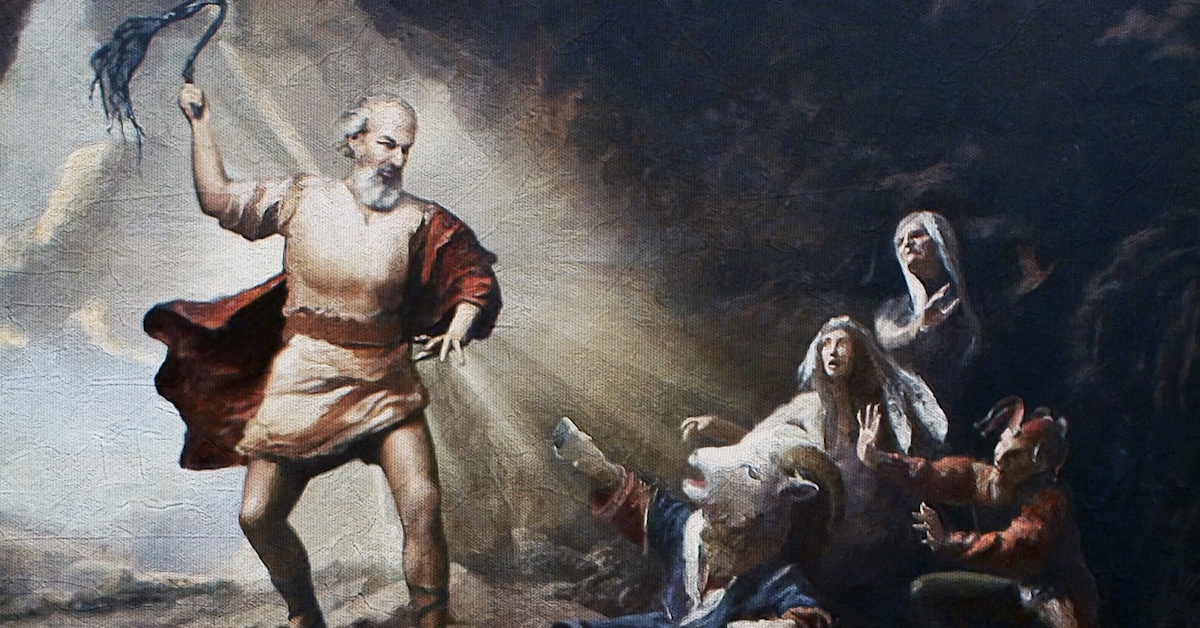Are you a fan of Severance? (The Apple TV show, not the kind that too many of us have experienced lately.) If you haven't watched it, it's not too late to call in sick and catch up! Seriously—it's insanely great (appropriately enough).
In the show, Kier Eagan is the founder of Lumon Industries, both a mega-corporation and a bit of a cult. Eagan lived in the late 19th and early 20th centuries; his prose is ornate, but his wisdom echoes down to the present day.
On autonomy
The surest way to tame a prisoner is to let him believe he's free.
We product managers all want autonomy, yet deep down we know there's no such thing as free will, especially in a startup. Or an enterprise.
But there is good news! It's enough to comfort yourself with the appearance of autonomy. Since your features are ultimately determined by the market (if you're doing this correctly), and the branding of your roadmap deck is determined by marketing, enjoy a little creativity with the exact format of your user stories in Jira. (As long as the engineers are okay with it.)
On strategy
The light of discovery shines truer upon a virgin meadow than a beaten path.
Basically, Kier beat Kim and Mauborgne to Blue Ocean Strategy by a full century.
On roadmaps
In my life, I have identified four components, which I call tempers, from which are derived every human soul. Woe. Frolic. Dread. Malice. Each [roadmap's] character is defined by the precise ratio that resides in [it]. I walked into the cave of my own mind, and there I tamed them. Should you tame the tempers as I did mine, then the world shall become but your appendage. It is this great and consecrated power that I hope to pass on to all of you, my children.
Here they are, the only subatomic elements of any roadmap.
- Dread: Did we put in things that won't sell? Did we leave out things we absolutely need? Did we validate enough? Did we validate too much and now we're late to market?
- Woe: We definitely put in things that won't sell and they'll be late to market because development will prove harder.
- Malice: Admit it, that's how your roadmap should feel toward your competition.
- Frolic: Archaic term for tech debt. Try to minimize Frolic; remember that the best way to avoid tech debt is to not build anything.
“I walked into the cave of my own mind, and there I tamed them.” Here, Kier is telling us that with effort we can balance the four tempers. Find the sweet spot between Malice and Frolic—which is to say, give yourself permission to actually build a product, but not fulfill your vision all at once (or at all). And chances are if you don't regard your roadmap with a little Woe and Dread, you're not susceptible to imposter syndrome and thus not cut out for a career as a product manager. Try sales.
On form factors
Render not my creation in miniature.
I can't endorse this one. They simply didn't grok mobile-first web development in his day.
